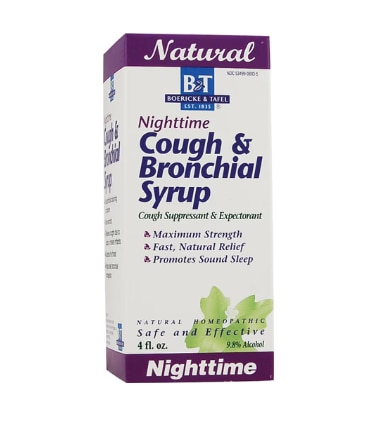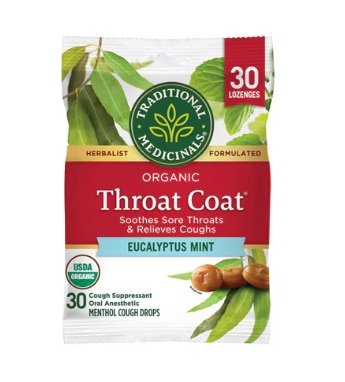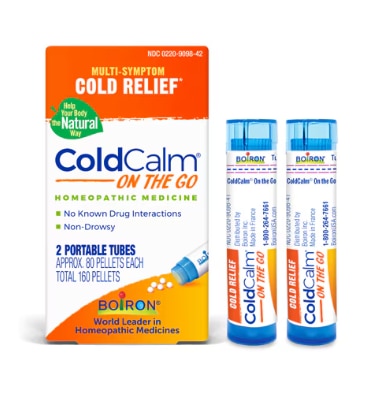Now that the weather outside is frightful, it’s time to take precautions to help you avoid catching a cold. While you can’t do anything to entirely prevent colds, which most adults get two to four times a year, you can take steps to lower your risks.
But, chances are, with US adults experiencing about 1 billion (!) colds a year, you’ll end up with one before the season’s over. And, since there’s no cure for the common cold, you’ll probably want to do what you can to feel better, fast.
Cold season typically lasts from September to May with most colds hitting in the late fall and winter months. So, now that winter is here, here’s what you need to know to avoid starting the New Year not feeling your best because of a pesky cold.
What are colds?
Colds are viral infections that usually affect your upper respiratory tract, which includes your nose and throat. With hundreds of viruses out in the world just waiting to infect you, it’s not surprising to learn that colds are highly contagious and the most common illness known.
Colds are spread through droplets launched into the air by an infected person coughing or sneezing. Once airborne, these viral germs are ingested or inhaled by an unsuspecting, soon-to-be-sick person. You can also catch a cold by touching a contaminated surface and then touching your eyes, nose or mouth.
How to prevent a cold
Now that you know how colds are spread, taking precautions to prevent them will make a lot of sense. Here are some strategies to help you stay healthy.
Avoid sick people
It seems simple enough, but many people think it won’t happen to them. News flash: it will. So if your friend or coworker is sniffling and coughing, stand back. Conversely, if you’re feeling sick with a cough, stuffy nose, or scratchy throat, stay home and rest, and avoid other people.
Wash your hands frequently
Since germs can be everywhere you touch, washing your hands frequently is vital, especially after you’ve been in public areas. Hand sanitizer is a good option if soap and water are not available. Additionally, it couldn’t hurt to wash your home surface frequently, especially if you have children regularly marching through your home. Children are notoriously germy.
Reduce stress
Stress can lower your immune system, making you more vulnerable to infections. Stress-reducing strategies such as meditation and deep breathing can help strengthen your defenses against viral attackers.
Eat fruits and vegetables
Eating a healthy diet packed with nutrient-rich fruit and vegetables can help boost your immune system. Fruits and vegetables such as broccoli, strawberries, and avocado are rich in immune-enhancing antioxidants.
How to get rid of a cold if you catch one
Most colds last about a week to 10 days, with symptoms peaking about two to three days after infection. While a cold is not a dangerous infection, it can make you pretty miserable and tired. Also, sometimes cold symptoms linger for a while. Absence of a cure, your best bet is to manage symptoms and do what you can to speed up your recovery. Here are your best bets for getting rid of a cold.
Rest
Although a stuffy nose and cough may make it difficult to sleep at night, it’s essential that you get enough rest. Your body needs to recharge so it can fight off the virus. Otherwise, not only will you feel tired and run down, but so will your immune system. Try elevating your head when you sleep to ease congestion, and try some over-the-counter cold fighters to help you feel well enough to get a good eight to 10 hours of sleep.
Hydration
Depending on your symptoms, sipping tea, water, broth, hot water with lemon or honey, or juice can help ease some symptoms, like a sore throat and congestion. Loading up on fluid also helps prevent dehydration, which can exacerbate symptoms.
Nasal irrigation
Nothing makes you feel more exhausted and uncomfortable than a really stuffed nose. Cleaning your nasal passages with saline solution or a neti-pot can help unstuff your nose, relieve throat pain and reduce your cough.
Zinc
Popping zinc lozenges at the start of a cold may help reduce its length and severity. One study found that zinc lozenges may help you kick your cold 33% sooner than letting it run its course.
Vitamin C
While vitamin C probably won’t help your cold or symptoms if you start taking it after a cold hits, it can help reduce the duration and make you feel less icky. Taking 200 mg of this supplement daily, when you’re healthy may be effective when you’re not.
Honey
The many great things about treating a cold with honey are that it tastes great, your kids won’t object, and it not only soothes symptoms such as a sore throat and cough but may also hasten recovery. Honey’s antimicrobial properties may be the root of its healing properties.
By following these prevention and treatment tips, you and your family should have a healthy and fun-filled season. Plus, don’t forget to stay up to date on your vaccines to further help you ward off colds and flu.




